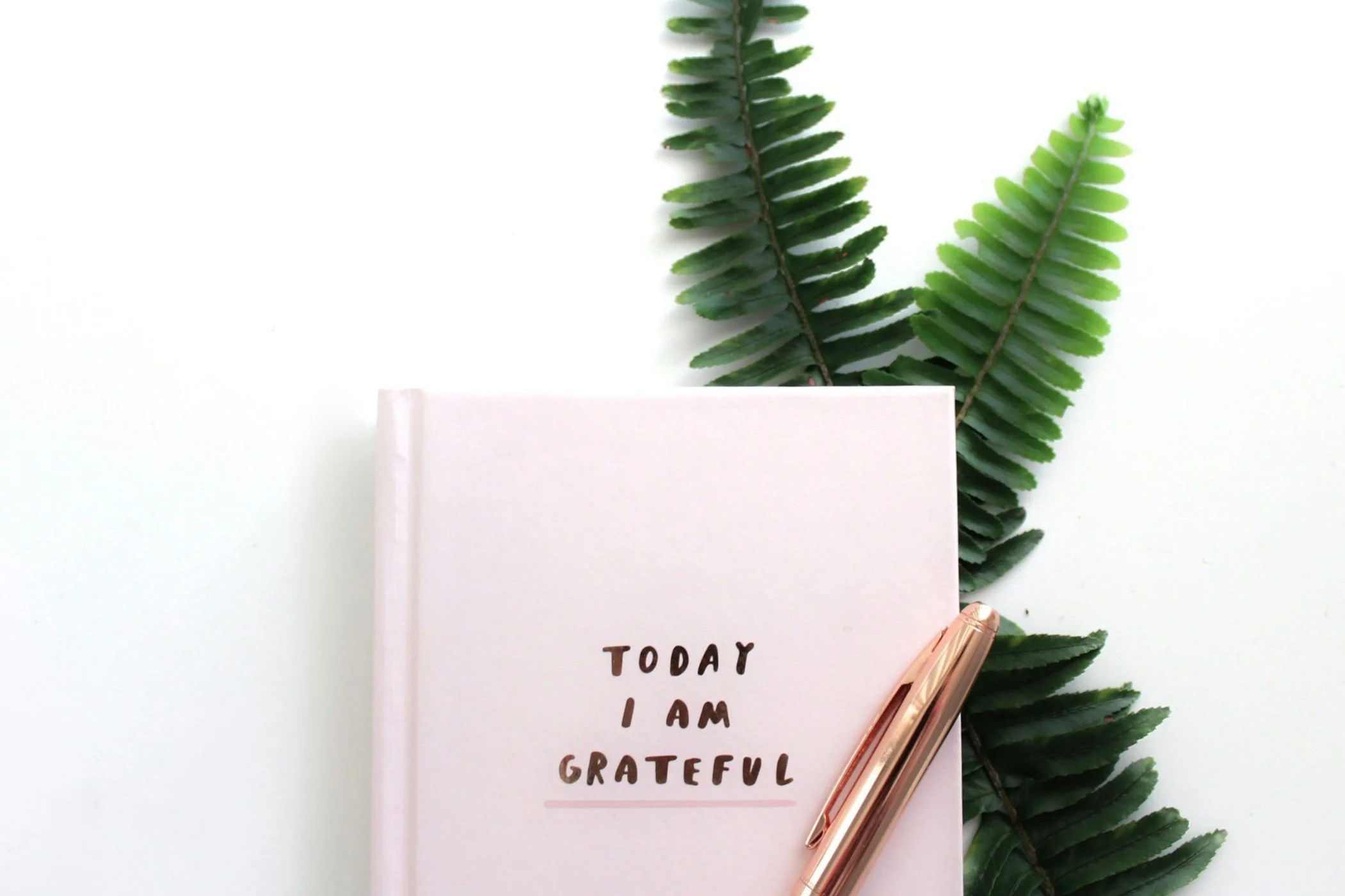Creative Journaling Ideas to Improve Mental Wellness
If you've ever felt overwhelmed by anxiety, stress, or worry… you know how exhausting it can be. We’ve all been there at some point, spiraling into that overthinking mode where even a tiny task feels like a mountain to climb.
Journaling is an amazing way to organize those swirling thoughts and make sense of them. It’s like having your own personal therapist in a notebook! So, let’s dive into some creative journaling ideas that not only help reduce stress but can also support healing from trauma and boost your overall mental wellness. Grab your favorite pen and a cozy drink—let’s get started!
1. Stream of Consciousness Journaling: The Brain Dump
Ever feel like your mind is racing a mile a minute? This journaling technique is here to help! All you have to do is put pen to paper and write whatever comes to mind. Literally… anything. No need for punctuation, grammar, or even making sense. It’s just you and your thoughts—letting them flow onto the page like a river of randomness.
Not only does this exercise relieve anxiety, but it also clears out the mental clutter that causes unnecessary stress. It’s like a “brain dump” where you offload everything you’ve been holding onto. This form of journaling has been known to act as a bridge to deeper self-reflection, helping you uncover emotions you didn’t even realize were there.
Hot tip: Do it first thing in the morning before your brain has fully booted up!
2. Gratitude Lists: Shifting Focus from Worry to Positivity
When you're feeling stuck in a cycle of stress or worry, a simple shift in perspective can do wonders. One of the easiest ways to do this is by starting a gratitude journal. Each day, jot down three to five things you're thankful for, no matter how small. It could be as big as landing your dream job, or as tiny as the way the sunlight hit your morning coffee just right.
Research shows that practicing gratitude can reduce feelings of anxiety and improve mental wellness. When you start focusing on the good, your brain starts to rewire itself to notice more positives in your life. Soon, you’ll realize there’s more to be grateful for than you thought!
3. Dialogue Journaling: Talking to Yourself (and That’s Totally Okay!)
This one might sound a bit odd at first, but hear me out. Dialogue journaling is where you have a written conversation with yourself. You can write as if you’re speaking “to” or “for” different parts of yourself—the anxious part, the stressed part, or even the wise part that has all the answers.
For example, if you’re feeling anxious about an upcoming event, you could write something like:
Anxious Part: “I’m freaking out about this meeting! What if I mess up?”
Calm Part: “Hey, it’s okay to be nervous, but remember, you’ve prepared for this. You got this!”
This technique is great for bringing balance to your emotions and can feel a bit like self-therapy. It also encourages self-compassion, which is key when dealing with stress, anxiety, or past trauma.
4. Art Journaling: Let Your Creativity Flow
Who says journaling has to be all about writing? Sometimes, words just aren’t enough to express how you're feeling. That’s where art journaling comes in! Grab some markers, paints, or even magazine clippings and let your creativity run wild.
Express your emotions visually. You can paint your anxiety as a storm cloud or your happiness as a bright sun. The goal here isn’t to create something perfect—it’s simply to let out whatever you’re holding onto in a way that feels good. Art journaling has been used for many decades in therapy to help people process trauma and stress, so we know it’s a powerful tool for mental wellness.
5. The “Worry” Journal: A Home for Your Anxieties
We all worry, but letting those worries run on a loop in your head can be seriously exhausting. Instead of letting them fester, why not give your worries a home in your journal? The idea is simple: write down every worry, big or small, that pops into your mind.
Once it’s on paper, you can look at it from a more objective perspective. Is this worry something you can control? Is it realistic? Sometimes, just the act of writing it down helps reduce its power over you. Think of your journal as a container where your worries can live outside of your head. It’s an amazing tool to relieve anxiety and can even help in your therapy or counseling sessions.
6. Letter Writing to Your Future Self: A Time Capsule of Growth
Here’s a fun and insightful exercise: write a letter to your future self! This can be a great way to reflect on where you are now and where you hope to be. Address any current challenges, stress, or anxieties, and then talk about how you envision overcoming them.
By writing to your future self, you’ll naturally start to see solutions to your problems, and it helps you gain perspective on your current worries. Plus, there’s something really powerful about sending positive vibes to yourself. It's like your personal cheering squad in a journal.
7. Prompted Journaling: For When You Don’t Know Where to Start
Sometimes, staring at a blank page can feel more overwhelming than helpful. That’s where journal prompts come in handy! There are loads of guided journaling prompts designed to help you explore emotions, reflect on trauma, or even just vent out your stress. Here are a few to get you started:
What am I most worried about right now, and why?
When was the last time I felt truly happy?
What’s one thing I can do today to make myself feel more at peace?
Prompts are like a gentle nudge from your journal, pushing you to dig deeper and explore your thoughts.
Conclusion: Journaling is Self-Care
Whether you're tackling anxiety, healing from trauma, or simply managing everyday stress, journaling is an amazing way to connect with yourself and improve your mental wellness. Think of it as a form of self-care that doesn’t require an appointment or a therapist—though it’s also a fantastic complement to therapy or counseling. So, the next time you’re feeling overwhelmed, grab your journal and let your thoughts pour out. Your mental health will thank you!




